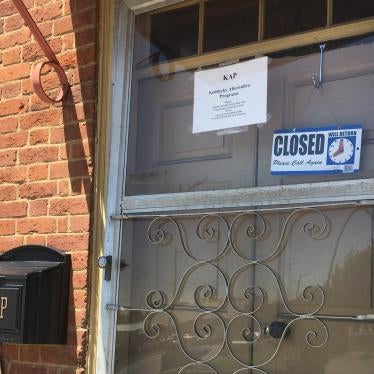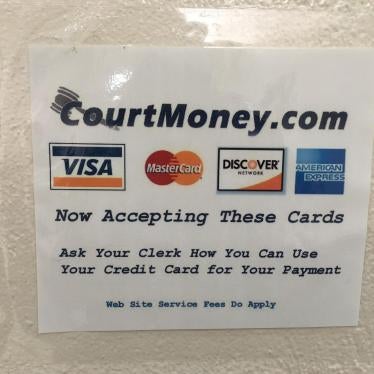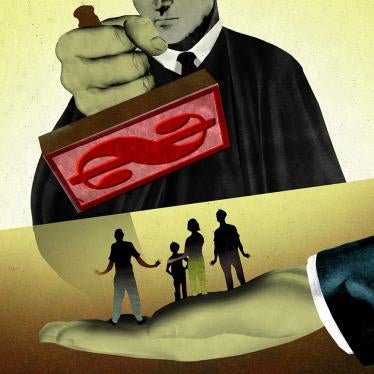Private probation companies in Tennessee may be putting people’s safety and rights at risk, said a state government audit released late last year.
It concludes that the Private Probation Services Council, the state body that oversees private probation, is not protecting people from abuses as it is supposed to do.
“Without effective oversight,” the audit said, “probationers are left vulnerable to unscrupulous practices.”
In an investigation released last year, Human Rights Watch also concluded that lack of regulation and oversight of Tennessee’s private probation companies led to human rights abuses, with a disproportionate impact on people living in poverty.
These companies contract with counties to provide supervision services for minor offenses at no cost to the government. Instead, they charge probationers both for supervision and for associated probation conditions, like drug tests, court-mandated classes or treatment.
The council is not protecting the people it was designed to protect
We found that when people could not afford these fees, they faced extended probation sentences or additional conditions, often raising their debts even higher. Probationers said that probation officers would threaten them with jail time if they could not pay. Some sold their possessions or skipped paying rent to pay the fees.
The Tennessee legislature created the Private Probation Services Council to protect against abuses and ensure professional conduct by private probation companies. The council is supposed to create rules for private probation and to make sure companies are following them.
In 2016 the council required private probation companies to have a written policy on “indigent offenders” but without any guidance on what to do if a person was unable to pay. The audit also found that council did not perform sufficient background checks or monitor continuing education requirements for private probation officers.
The audit found that the council has no way to verify the documentation the companies are supposed to provide. The only way the council finds out about possible problems is through complaints sent to it directly.
General Assembly must make sure citizens are protected from abuse
Human Rights Watch interviewed dozens of people supervised by private probation companies in Tennessee, none of whom were aware of any process to reduce or waive fees for people who couldn’t afford them. Very few knew that they could complain to the council about aggressive behavior or threats by probation officers. That might explain why auditors only found 18 complaints in over four years, 16 of which the council dismissed or closed without action.
People have turned to the courts for redress. In a class action lawsuit in Rutherford County, a probation company and county agreed to pay $14.3 million to people who said they’d been punished by probation companies simply for being poor. A similar lawsuit was filed earlier this year against two companies operating in Giles County.
These problems won’t stop until the council takes its responsibilities seriously, and the General Assembly takes steps to ensure that the council follows through on its mandate. Courts have already blocked Tennessee from suspending driver’s licenses over unpaid court costs or traffic fines. The General Assembly should expand that ruling to make sure courts and private probation companies aren’t using abusive practices to wring court costs and probation fees from people who cannot afford them.
Instead, they should take steps to ensure that people have realistic ways to discharge their penalties and get the appropriate supervision and support without falling into a debt trap. The council should also pass and enforce rules to prevent abuses and create an effective process to address complaints.








